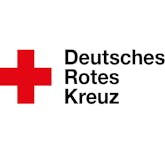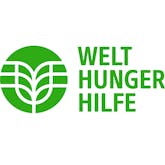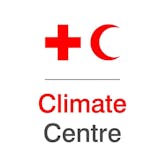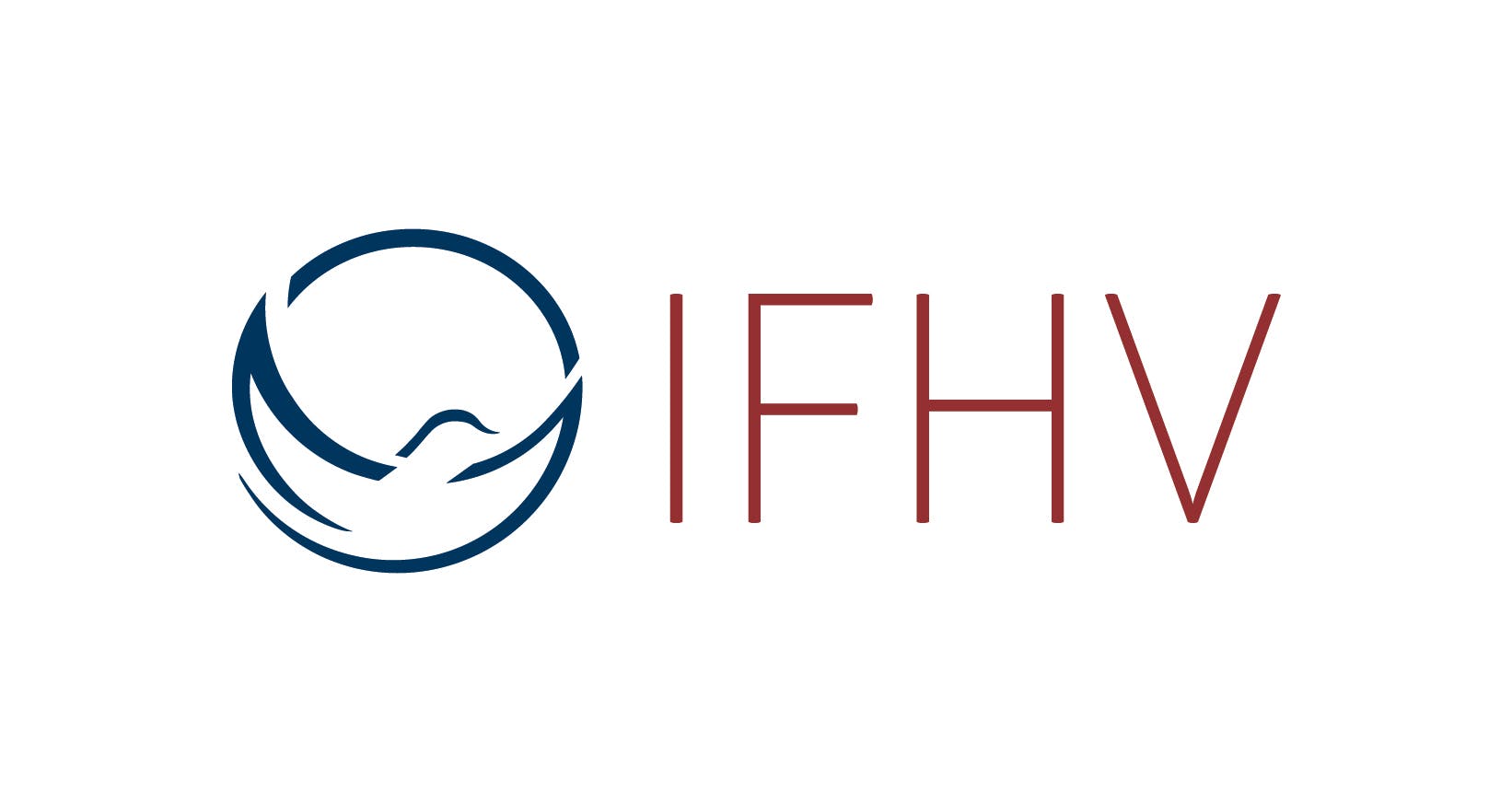Concepts and Mechanisms of Anticipatory Humanitarian Action
Fully booked
Anticipatory action is increasingly recognized as a key solution to reducing the impacts of climate change and extreme weather events; early actions help people and organizations to build resilience to future shocks by better understanding risk and transforming this risk information into action before a disaster strikes. Ideally, this can mitigate the humanitarian consequences of disasters and improve the response time and efficiency of humanitarian action measures. In this course, you will get an overview of how these mechanisms work and discuss possibilities and limitations of anticipatory humanitarian action in your respective work context. You will learn about existing examples from the Red Cross Red Crescent movement and NGOs and become familiar with the basics of setting thresholds ("trigger levels") for triggering anticipatory humanitarian action, developing early actions and exploring funding opportunities.
The training is part of aha's certification scheme and can be credited towards one of the Certificates of Advanced Studies either in "Anticipatory Humanitarian Action" or in "Foundations of Humanitarian Action". It takes place from 6 to 8 November in Bochum and includes regular breaks.
You will learn
what the most important areas of intervention for anticipatory action are as well as the limits of the approach
which case studies, exercises and examples are available for the practical application of anticipatory action
what the most important requirements for anticipatory action implementation milestones are
how you can foster practical learning and explorations for the design and implementation of AA in your respective work context
Target group
Staff of humanitarian NGOs with several years of professional experience, practitioners in the areas of DRR/anticipatory actions, staff of NGOs that are planning to start implementing AA projects
Schedule
Block 1
Opening and Welcome
Introduction of Facilitators
Introduction and expectations of the participants
Objectives and structure of the training
What is anticipatory action? Introduction of the concept
What are the steps in developing and implementing AA?
Key Parameters of AA
Examples
Ingredients to an anticipatory action plan
Interactive development of an AA timeline and process
Lunch Break
Block 2
Where does AA fit in the DRM continuum?
Group work to identify what is AA, response and DRR
Hazard and Impact assessment
Presentation
Group work to identify hazards and prioritize impacts
German Red Cross
Lecturer

The German Red Cross (GRC) is one of the largest national Red Cross Societies and currently active in around 50 countries in Africa, Asia, the Middle East and Latin America. Since 2013, the Red Cross and Red Crescent Movement has been actively working to bring anticipatory approaches to the forefront of humanitarian action through pilot projects. In close cooperation with the International Federation of Red Cross and Red Crescent Societies and the Red Cross Climate Centre, the GRC was able to test the implementation of the Forecast-based Financing approach (FbF) in several project countries and refine the methodology on behalf of the German Federal Foreign Office. Further cooperation exists with various humanitarian partners such as the World Food Programme, The United Nations Office for Humanitarian Affairs (UN-OCHA), Welthungerhilfe and the international donor community.
Welthungerhilfe
Lecturer

The workshop will be led by facilitators from Welthungerhilfe that combine various backgrounds of expertise and experience in AHA.
Red Cross Red Crescent Climate Centre
Lecturer

The Climate Centre supports the International Red Cross and Red Crescent Movement and its partners in reducing the impacts of climate change and extreme-weather events on vulnerable people.
06.11.2023 - 08.11.2023
24 hours of training
Location
 This training is organized by the Institute for International Law of Peace and Armed Conflict.
This training is organized by the Institute for International Law of Peace and Armed Conflict.